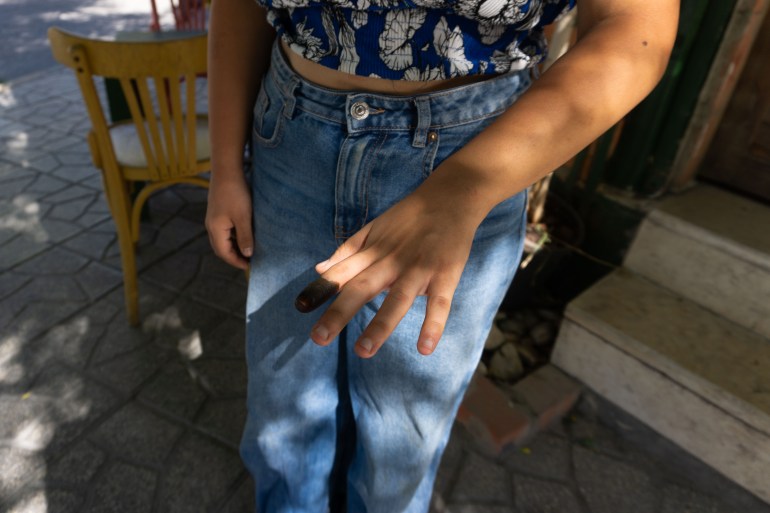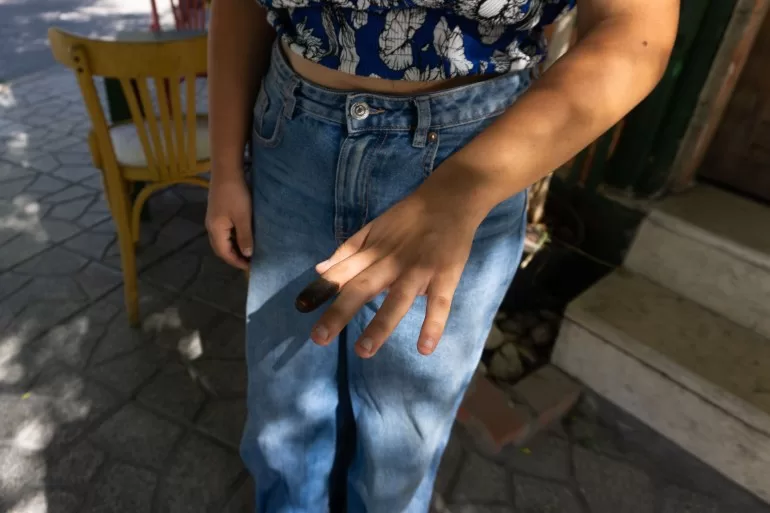Jafar Hassan has been named Jordan’s new prime minister by the king after last week’s parliamentary elections.
Jordan’s King Abdullah II has accepted the resignation of the government led by Prime Minister Bisher al-Khasawneh after last week’s parliamentary elections were dominated by frustration over Israel’s war on Gaza.
Khasawneh, a 55-year-old veteran diplomat, had led the government since October 2020.
The king designated Jafar Hassan, a technocrat and former planning minister currently serving as the king’s head of office, in his place.
A royal palace statement said King Abdullah had ordered the government to remain in a caretaker capacity until the formation of a new cabinet.
Under the kingdom’s constitution, the government usually resigns after legislative elections. It is the king who appoints the prime minister – not the parliament, which has limited powers.
The Parliament of Jordan is bicameral. People directly elect representatives to its House of Representatives every four years, but the king appoints all 65 members of the upper chamber, the Senate.

The country’s Islamic Action Front (IAF), the political arm of the Muslim Brotherhood, came out top in Tuesday’s poll, winning 31 out of the 138 seats in parliament, the party’s largest representation since 1989.
Despite a low turnout of 32 percent, the party’s success came with voters frustrated about economic woes and Israel’s war on Gaza.
Jordan in 1994 signed a peace treaty with Israel, becoming only the second Arab state to do so after Egypt.
Since Israel’s war on Gaza began in October 2023, Jordan has attempted to walk a political tightrope by maintaining diplomatic relations with Israel and even intervening in Iran’s retaliatory attack on Israel in April when Jordan shot down missiles as they flew over its territory.
This stance has angered a significant portion of Jordan’s citizens, many of whom are descendants of the Palestinians forced out of their lands in both the Nakba and the 1967 war.
The war in Gaza has also hit tourism in Jordan, which relies on the sector for about 14 percent of its gross domestic product.
The kingdom also heavily depends on foreign aid, especially from the United States and the International Monetary Fund.
In the first quarter of 2024, the unemployment rate in Jordan was 21 percent.
